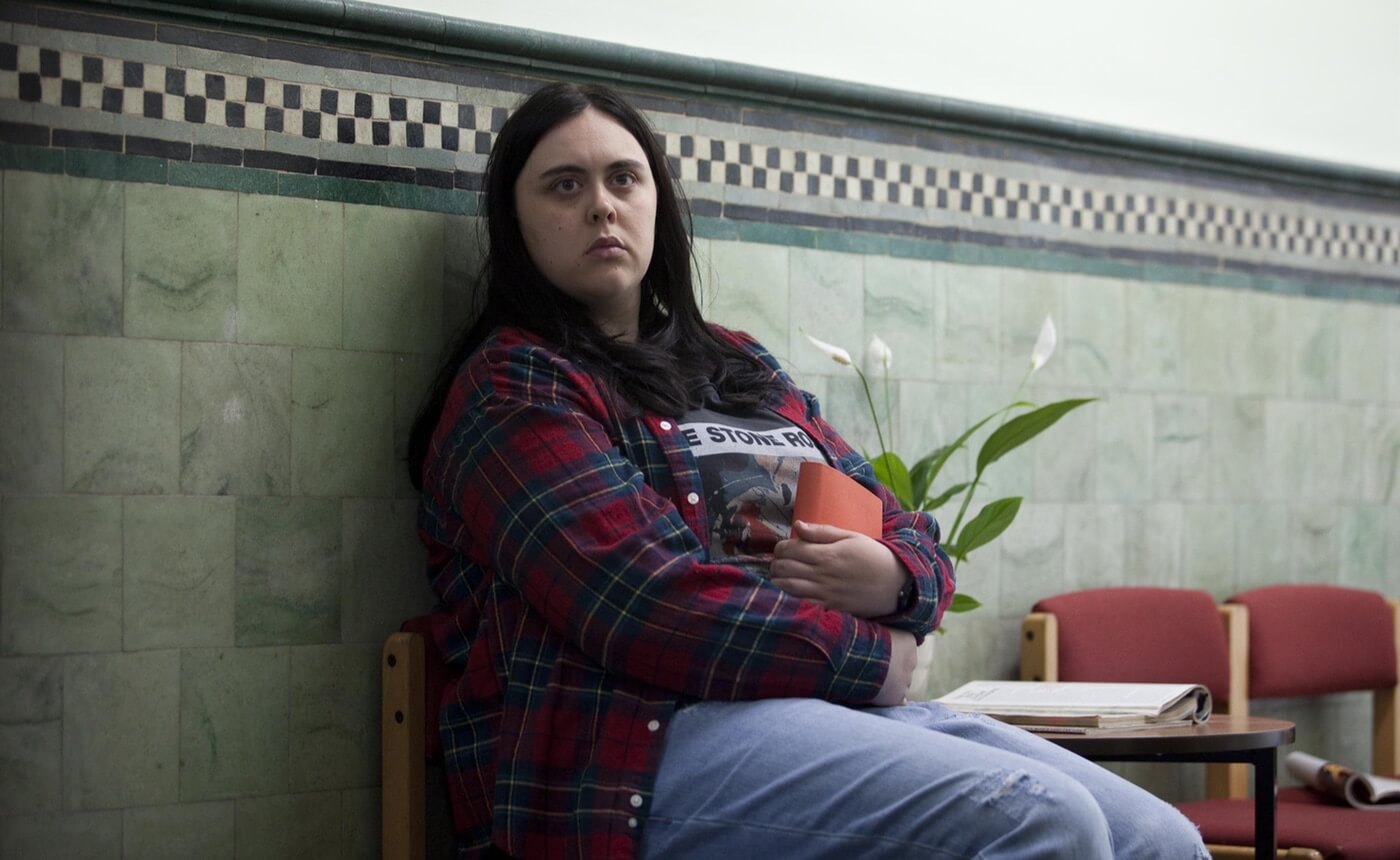Whether or not you see Skins’ Effy Stonem as a representation or a romanticisation of mental health issues, the impact this smokey eyed heroine had – and still has – on the collective consciousness of British teens is undeniable. In the late 00s, many of us wanted to be Stonem not just because of her aloof coolness, but because of how those in her life rushed to save her.
While a whole host of teens, then and now, find Stonem to be a relatable protagonist, I feel it’s important to point out how her representation of mental illness is emblematic of how mental illness – more specifically, anxiety and depression – is stereotyped on screen. The sufferer is always white, thin, cis and incredibly conventionally attractive.
Effy Stonem serves as just one example of this trope. Other iterations include Jennifer Lawrence in Silver Linings Playbook, Margo Spiegelman in Paper Towns, Cheryl Blossom in Riverdale, and even Cassie Ainsworth in the first two series of Skins. The idea of a tortured soul being physically perfect in society’s point of view is meant to reinforce that regardless of what privileges a person may have, depression and anxiety can take hold regardless.
However as a body dysmorphic teenager, I did not see the nuances of this concept nor did I see myself represented on screen. If anything, this trope only made me see myself and my issues as lesser. How could I be depressed when I didn’t look depressed? Darker still, would anyone believe me about my issues when I didn’t look like a mentally unwell person?
In the times since, in following suicide attempts and ambulance trips, my fatness has remained a sticky subject when dealing with my mental health. Would I be this anxious if I were thin? Would my eating disorder vanish if I actually lost the weight I despised myself for? How could I leave behind my fat body for a loved one to find and see what I “really” look like?
The answers to these questions are complex: My eating disorder has been with me through sizes ten to twenty two. So has my depression and anxiety, which have been a part of my life since before I even graduated from children’s clothes to adult ones. By reminding myself of these truths, I can see how my mental illnesses are credible at any size. It’s the ability to remind myself of this that comes through years of body positive education, fat liberation activism and therapy.
What is worth questioning, in my opinion, is the issues with representation of mental health on screen as thin, cis and white on those without access to the education and activism that I have had. My privilege of also only struggling with the size aspect of this representation is also worth noting.
In the time since my teens and the traumas I suffered in the following years, I’ve sought out representation in the media of plus size, mentally unwell women. The best example of this I’ve ever found was in the form of My Mad Fat Diary where protagonist Rae Earl tries to deal with her life as a fat teen, while also coping with binge eating disorder and depression. The series looks at a variety of topics – both fat and thin issues – but does so realistically and with care.
Although not particularly mental health themed shows like Shrill and almost every John Waters movie has done wonders for my body image and self worth as a fat woman. These representations of fat people having full lives – both in silly situations and darkly real ones – are revolutionary when most media I had growing up had zero people on screen that looked like me.
Realistically, this issue is deeper than not just missing out on screen plus size characters dealing with mental health, but not having any plus size characters at all. When we can’t see ourselves in situations in the media we consume, it makes it even harder to accept when we are in those situations in real life.
This rings true not just for negative circumstances – where I can’t imagine my fat, dead body being found by a relative or the crisis team – but positive ones too. I can’t imagine my wedding. I can’t imagine shagging a supermodel. I can’t imagine winning an Oscar.
This situation can severely impact my imposter syndrome and I’m sure it does the same for many other fat people. This boils down to a lack of representation for fat people. This removal of our stories and ourselves on screen impacts us at every turn and in order for fat people to not just be taken seriously, but to take ourselves seriously, it needs to change.
I want a fat Effy Stonem being washed in the bath, but the water barely covers her belly and breasts. I want a fat Cassie Ainsworth not being taken seriously for her eating disorder, because everyone is celebrating her drastic weight loss. I want more than one mad fat diary, but twenty, a hundred, thousands even. I want as many fat stories on screen as there are thin ones because realistically, we’re more than half the population. We deserve to be seen as the good, as the bad, and as the bloody mental too.

